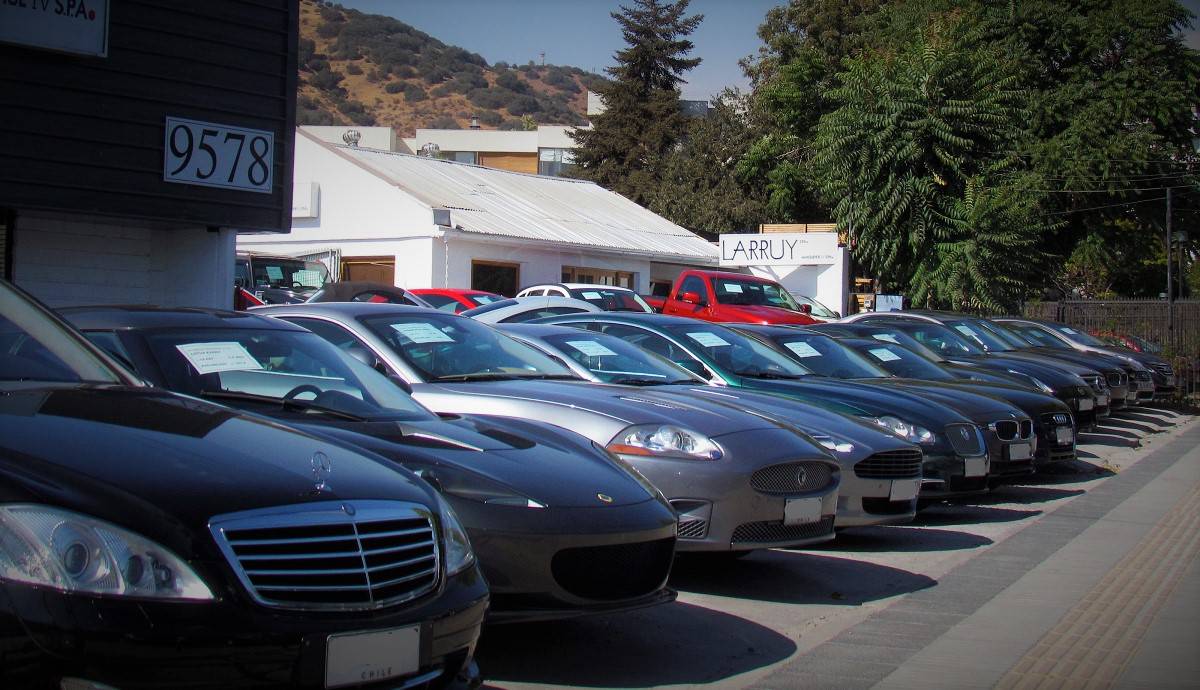Table of Content
There are easy businesses to start, but some are not so easy because they are highly regulated. An auto dealership business falls under the latter category. In an effort to protect the public, there are many regulations governing a new and used vehicle reseller or wholesaler that cover licensing, location, insurance and bonding, and reporting. If the business owner plans on opening a lot with an inventory of vehicles, there is also a significant up-front investment required.
Auto and light truck dealers have different ways to approach business startup. One approach is to apply for a franchised business plan motor vehicle dealership through a major auto manufacturer like Ford Motor Company, Honda, General Motors, Toyota, and so on. The auto manufacturers help business owners access the capital needed to start this type of business. However, the business owner will have to meet a number of requirements in terms of personal assets and experience to qualify.
Another option is to start small and expand slowly by selling a variety of used vehicles and eventually expanding by applying for private funding, applying for funding through an auto manufacturer, or buying out an existing dealership. Most U.S. auto dealers are independent and not connected with an auto manufacturer. They self-finance, once again requiring a high amount of initial capital for startup and to cover operations until profitability is reached. Capital is also needed to cover operations during slow sales months.
A business plan is critical to starting or expanding a business and is needed for applying for funding through auto manufacturers, banks, or private investors. Professional business planning shows the business owner has carefully thought through the requirements for business startup and ongoing operations and has considered the risks.
Some points to keep in mind include the following:
- Most states, cities, and counties have restrictions in place concerning the minimum required lot size and zoning
- The lot size will influence the size of the maintained vehicle inventory
- Lots can be leased or purchased
- The location will influence the flow of customers
- The license fees for a retail auto dealer are expensive, running into tens of thousands of dollars in some states
- Dealers can apply for retail and wholesale licenses, with many dealers starting as wholesale dealers first and moving into retail when money permits
- It is critical to have enough operating capital to sustain the business until a network of buyers is built up and the dealership is marketed and well-known in the area
- Dealers are now operating online also, but the terms for payment and vehicle delivery should be well-defined and unequivocal
- It is possible to serve as an intermediary between the banks and customers for vehicle financing, which can lead to faster growth in sales
- Dealerships offer warranties with terms that vary from car lot to car lot
These are just some of the factors to consider. Like any business, the dealership owner has to consider required staffing, pricing, business and liability insurance, sales agreements, and so on. OGS Capital works closely with business owners to ensure all critical information is included in the business plan and that the final document is high quality and ready for submission to lenders.
Download Starting an Auto Dealership Business the Right Way Sample in pdf
OGS capital professional writers specialized also in themes such as used car dealership business plan, retail business plan, retail industry business plan, pharmacy business plan, skateboard business plan and many others.
OGSCapital’s team has assisted thousands of entrepreneurs with top-rated document, consultancy and analysis. They’ve helped thousands of SME owners secure more than $1.5 billion in funding, and they can do the same for you.













